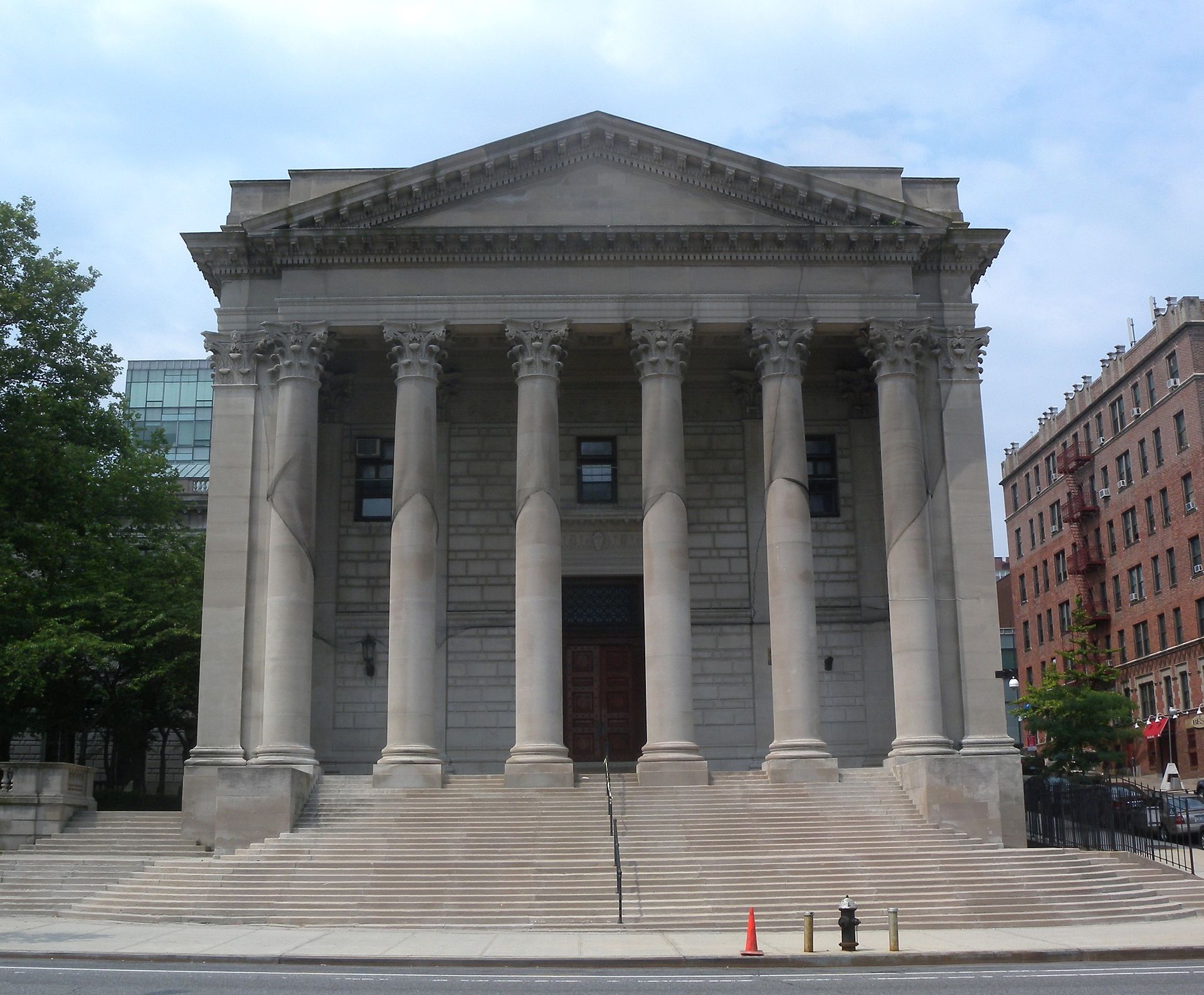Leading Federal Appeal Attorneys: Your Partners in Browsing the Appeals Refine
Wiki Article
Debunking the Process of Federal Appeals: What You Need to Know
Browsing the elaborate world of federal appeals can typically look like going across uncharted waters for those unfamiliar with the procedure. Recognizing the subtleties of appellate court jurisdiction, the intricacies of submitting a notice of charm, providing an engaging short, and making a persuasive dental disagreement are crucial components that can considerably affect the result of a situation. By unraveling the layers of intricacy surrounding government allures, individuals can obtain a more clear insight right into the systems that control this vital phase of the lawful system.Recognizing Federal Appeals Process
Digging into the intricate realm of the government charms process introduces a systematic and structured trip via the judicial system. Federal allures function as a crucial device for evaluating choices made by reduced courts. Understanding this process is important for anybody associated with legal process at the government degree.The process usually starts with a celebration dissatisfied with a reduced court's judgment submitting a notification of appeal. This activates a review by a higher court, where a panel of courts examines the legal debates presented by both parties. Briefs describing the lawful thinking behind each celebration's setting are submitted, and oral arguments might be heard to clarify complex problems.
The appellate court's decision is based on a comprehensive assessment of the lower court's proceedings and the arguments offered. The courts do not reexamine realities but concentrate on whether legal mistakes took place that impacted the reduced court's decision. As soon as the appellate court reaches a decision, it can verify, reverse, remand, or modify the lower court's ruling, supplying quality and finality to the legal disagreement. Understanding this procedure is important for navigating the intricacies of government appeals effectively.
Appellate Court Territory Described
As we proceed from understanding the government allures process to studying the details of appellate court jurisdiction, a fundamental element comes to light pertaining to the authority and limits of these higher courts in the lawful landscape. Appellate court jurisdiction refers to the scope of instances that a certain appellate court has the power to assess and choose upon. Unlike test courts that listen to situations for the very first time, appellate courts are limited to examining choices made by lower courts. These choices can consist of judgments from both state and federal courts.Appellate courts have jurisdiction over particular kinds of instances, usually those involving legal errors, procedural problems, or questions of regulation instead of accurate disagreements. The jurisdiction of appellate courts is usually laid out in laws and legislations that govern the court system. Understanding appellate court territory is important for events entailed in the appeals process as it figures out whether a situation is qualified for evaluation and the extent to which the appellate court can interfere in the lower court's decision.
Declaring a Notice of Appeal
The initial action in commencing the federal appeals procedure entails submitting a Notification of Appeal with the proper appellate court. This important document formally notifies the court and the various other celebrations involved in the instance that the appealing party plans to look for an evaluation of the lower court's decision. Submitting a Notification of Allure is a strict procedural requirement that sets the appellate process in motion.
When preparing the Notification of Allure, it is necessary to ensure compliance with the details regulations and guidelines of the relevant appellate court. federal appeal attorneys. The document must typically include details such as the case name, the reduced court's name, the day of the judgment being appealed, and a concise statement suggesting the grounds for the charm

Rundown and Dental Disagreement
In the appellate process, presenting written briefs and taking part in oral arguments play critical duties in advocating for the appealing party's setting prior to the appellate court. Briefs are detailed lawful records that describe the events' debates, lawful authorities, and analysis supporting their positions. These created entries supply the court with a detailed understanding of the facts of the situation, the appropriate law, and why the appealing celebration thinks the lower court's choice ought to be rescinded.Adhering to the entry and testimonial of the briefs, dental disagreements use the parties a possibility to more clarify their placements, attend to any type of inquiries the appellate judges may have, and highlight vital factors from their composed briefs. Oral arguments are a chance for the attorneys to convince the courts with spoken advocacy and actions to questions from the bench.
Both the created briefs and oral debates are vital parts of the appellate procedure, allowing celebrations to provide their instance thoroughly and compellingly prior to the appellate court. - federal appeal attorneys
Obtaining the Appellate Court Choice
Upon completion of oral arguments and entry of created briefs, the following essential stage in the appellate process involves waiting for the crucial judgment from the appellate court. This duration of expectancy can be full of a mix of stress and anxiety and expect events associated with the allure. The appellate court's choice is usually supplied in a created style and details the court's conclusions on the legal issues offered, the thinking behind their choice, and the judgment rendered. The time structure for obtaining the appellate court's choice can vary, but courts aim to supply timely resolutions. When the decision is released, celebrations should meticulously review the court's judgment to comprehend the result and establish any type of additional actions that might be required. Whether the appellate court affirms, turns around, or remands the reduced court's decision, comprehending the ramifications of the judgment is critical for all parties associated with the appellate procedure. Immediately reviewing and comprehending the appellate court's decision is crucial in browsing the next steps in the lawful procedures.Final Thought
Comprehending the appellate court jurisdiction, submitting a notice of charm, preparing briefs, and look here presenting dental arguments are all important parts of this procedure. Ultimately, obtaining the appellate court choice can give clearness and resolution to lawful disputes.As we proceed from recognizing the government allures procedure to dissecting the details of appellate court territory, a basic element comes to light concerning the authority and limitations of these higher courts in the lawful landscape. Appellate court jurisdiction refers to the scope of instances that a specific appellate court has the power to make a decision and review upon. Unlike trial courts that listen to instances for the very first time, appellate courts are limited to evaluating decisions made by reduced courts. Comprehending appellate court territory is crucial for celebrations entailed in the appeals process as it determines whether an instance is qualified for testimonial and the degree to which the appellate court can intervene in the reduced court's decision.

Report this wiki page